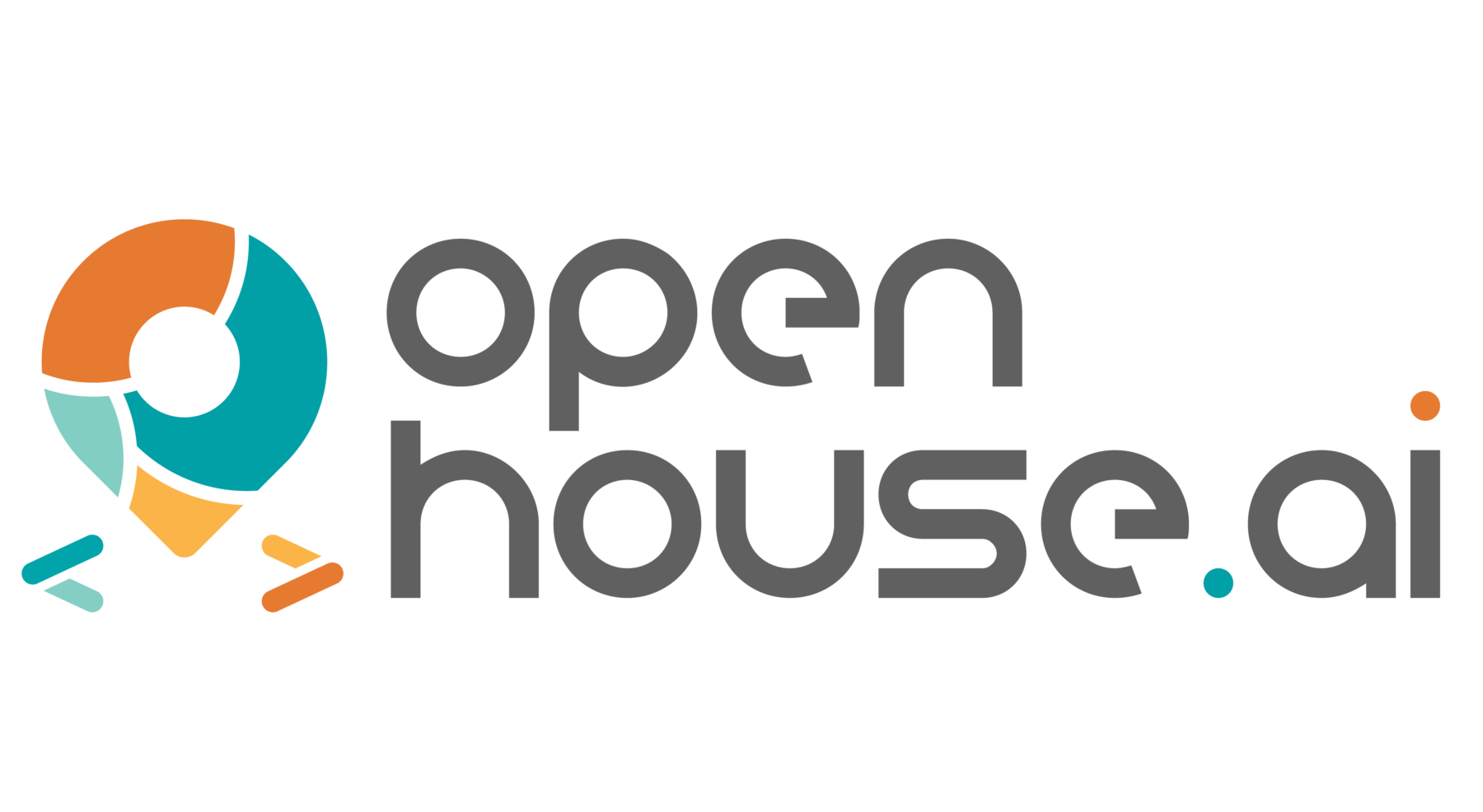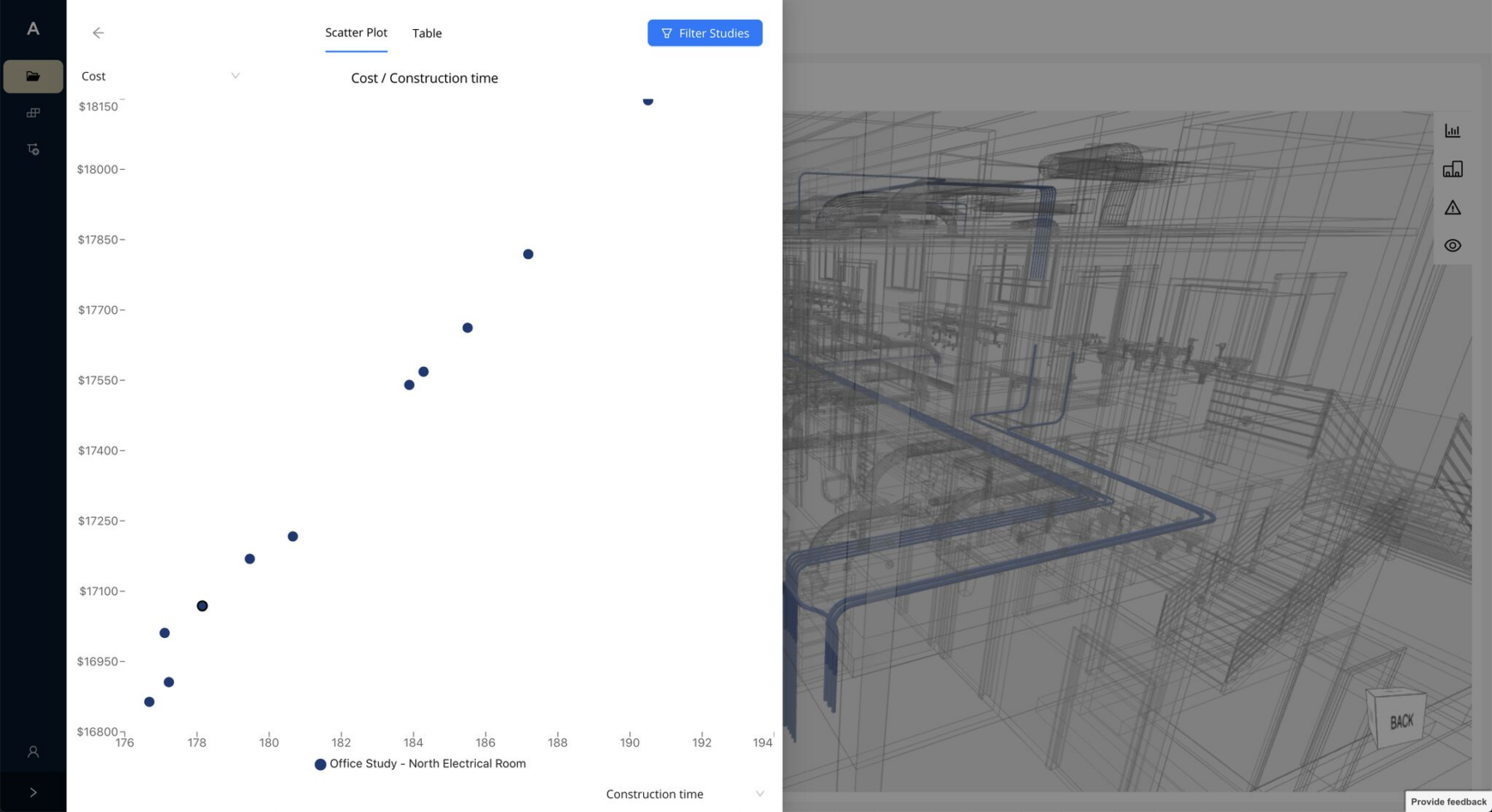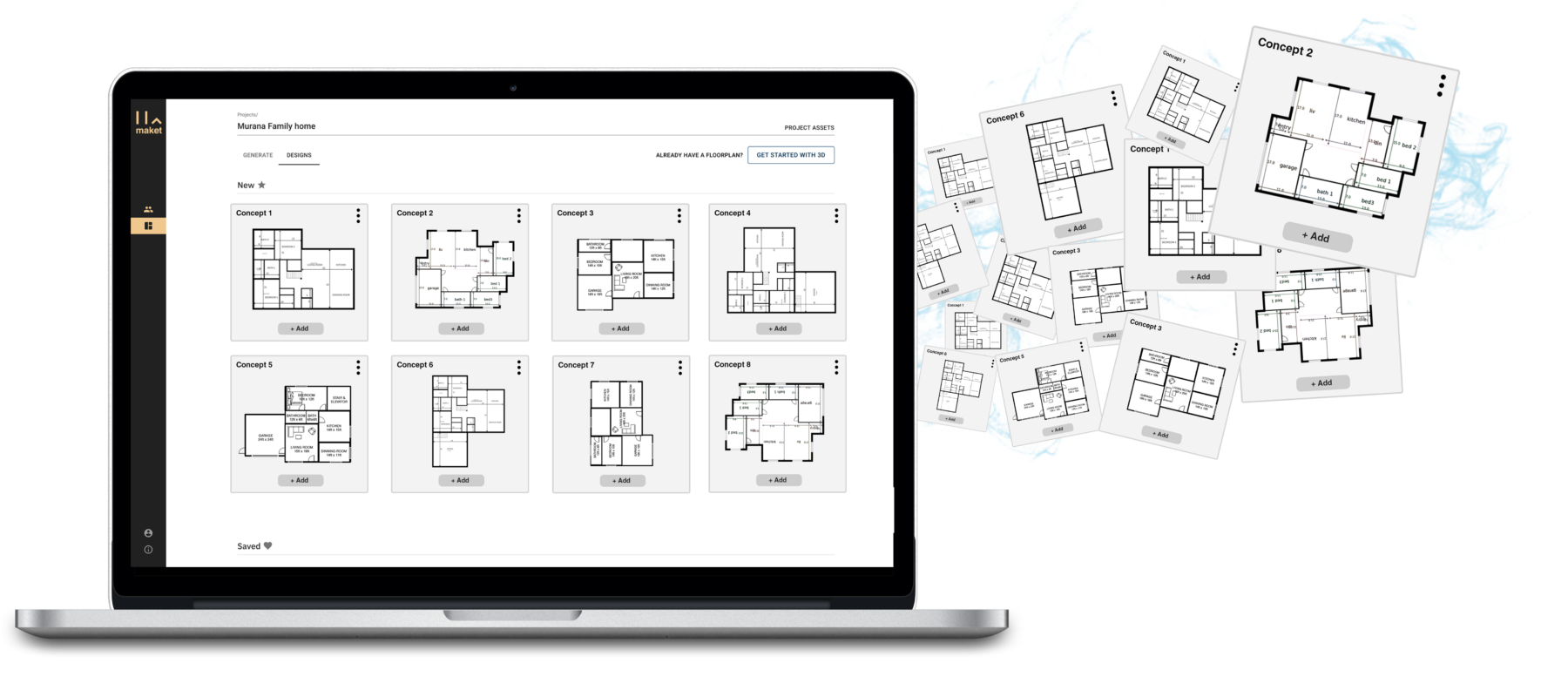Future building: 7 Canadian AI firms transforming construction
Local tech companies are making their mark on the jobsite with artificial intelligence.

The rise of artificial intelligence technology has been astounding. Experts are calling it a transformative paradigm shift that has every industry pondering how it can be used and what its implications will be.
Canada could be a major player as these technologies develop. According to a recent report by Deloitte, Canada ranked first in the five-year average year-over-year growth rate in AI talent concentration compared to G7 nations.
The number of AI patents filed nationally across Canada rose by 27% in 2021-2022 with 158 patents, and 57% in 2022-2023 with 248 patents. This rate of increase puts Canada second among G7 nations in 2022-2023.
“Canada has become the springboard to advance AI-fueled enterprises around the globe. Our openness to newcomers, our highly skilled workforce, our banking stability with access to global markets, and our commitment to a standard of living that is second to none has allowed us to translate our ideas and curiosity into tangible solutions that address real-world challenges and opportunities,” said Anthony Viel, CEO of Deloitte Cannada. “Our future success depends on embracing an entrepreneurial, inclusive, and responsible culture that generates—and delivers on—these ideas for good.”
The economic impact could be huge. It’s predicted that AI could contribute as much as $15.7 trillion to the global economy by 2030.
Here are a handful of AI companies in Canada that have turned their attention to the construction sector.
OpenHouse.ai

What if you could predict the right project for the right market? The OpenHouse.ai Builder Intelligence Platform provides insight into a potential home buyer’s preferences and demands for home builders. The AI-powered solution bolts onto a home builder’s existing website to understand what a buyer is looking for in a home. The company says this data provides accurate insight into a builder’s local market, so they can optimize community planning and design, maintain an optimal mix of floor plans, and de-risk their inventory programs. The company recently partnered with Calgary homebuilder Trico Homes to leverage AI in their development process.
Qii.AI

The Qii.AI team originally set out to create a drone inspection company, but soon found the mountains of data they collected needed to be managed and organized so it could be useful to clients. In 2020, they rebranded as Qii.AI and launched an enterprise platform that combines drone inspection software with a cutting-edge computer vision labeling tool and machine learning. Qii.AI says their deep knowledge of drone operation and the industrial sector give them unique insight for clients. The Qii platform was recently chosen by the Royal Canadian Navy for use in its ship inspection program.
Augmenta

One of Augmenta‘s early design partners put it this way: “It’s like you’re providing each member of my VDC team with their own VDC team.” The Augmenta team is on a mission to automate building design for contractors and engineers. The company says its tools can create highly cost, labor, time and energy efficient designs that are fully code compliant, error-free and constructible One of the Toronto startup’s current offerings designs electrical raceways 70% faster than the traditional way of humans doing it manually on computers.
Mercator AI

With clients like Chandos, DIRTT and Fillmore Construction, Calgary-based Mercator is making a name for itself in the Canadian market. Founded in 2020, Mercator AI says it can address a critical challenge for business development in construction – delayed project discovery. The company’s solution mines and analyzes millions of industry activities, transforming them into actionable opportunities. This helps clients identifies emerging projects, exposes competitive landscapes, and drives strategic business development with real-time data.
UBC’s Smart Structures Lab

Academia is also taking notice of AI’s potential in construction. Researchers at the University of British Columbia (UBC) have spent years developing AI-controlled robots that can analyze jobsites and perform construction activities. The school’s Faculty of Applied Science researchers recently demonstrated at a real site how their technology can transform construction vehicles — cranes, forklifts and excavators — into smart construction robots. The team said that they plan to continue testing their technology with builders in a variety of jobsite conditions.
Zetane

Montreal-based AI development company Zetane Systems is working with Pomerleau to apply AI algorithms and neural networks to help accelerate, de-risk and improve estimating processes. Zetane was chosen for the project after Pomerleau issued a call for small tech companies to help them improve estimating with AI. In 2022, Pomerleau announced it would be extending its work with Zetane to apply AI to pre-construction planning.
Maket

Designing a home doesn’t require hours of work or in-depth knowledge of complex computer programs. Maket is an end to end solution that uses ground-breaking research in generative AI, natural language processing and deep learning to automate the creation of floorplans based on programming needs and environmental constraints. The company says this can optimize creativity and efficiency. Maket caught the eye of Techstars, a mentorship-driven business accelerator, in 2021
